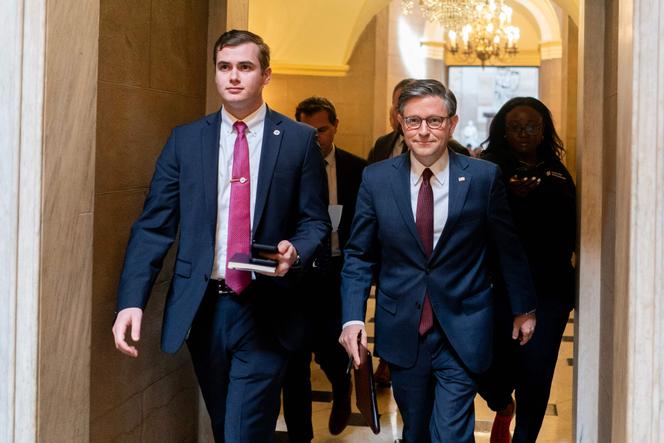


The US House of Representatives approved $61 billion aid package for Ukraine on Saturday, April 20, Democrats and Republicans joining together after a grueling monthslong fight over renewed American support for repelling Russia's invasion.
The House pushed swiftly through a series of votes in a rare Saturday session to approve $95 billion in foreign aid for Ukraine, Israel and other US allies. The first, a national security bill that includes a provision forcing sale of the popular platform TikTok, along with other priorities, was quickly approved. The next, supporting the Indo-Pacific allies also passed.
After the House vote, Ukraine's president, Volodymyr Zelenskyy, said he was grateful "for the decision that keeps history on the right track." He said on X that the House action "will keep the war from expanding, save thousands and thousands of lives, and help both of our nations to become stronger."
NATO chief Jens Stoltenberg the approval of the long-awaited aid package for Ukraine's war effort. "I welcome that the US House of Representatives has approved a major new package of aid to Ukraine. Ukraine is using the weapons provided by NATO Allies to destroy Russian combat capabilities. This makes us all safer, in Europe and North America," Stoltenberg said on X.
The weekend scene presented a striking display of congressional action after months of dysfunction and stalemate fueled by Republicans, who hold the majority but are deeply split over foreign aid, particularly for Ukraine as it fights Russia's invasion. Speaker Mike Johnson, putting his job on the line, is relying on Democratic support to ensure the military and humanitarian package is approved, and help flows to the US allies.
Passage through the House clears away the biggest hurdle to Biden's funding request, first made in October as Ukraine's military supplies began to run low. The GOP-controlled House, skeptical of US support for Ukraine, struggled for months over what to do, first demanding that any assistance be tied to policy changes at the US-Mexico order, only to immediately reject a bipartisan Senate offer along those very lines.
Opponents, particularly the hard-right Republicans from Johnson's majority, argued that the US should focus on the home front, addressing domestic border security and the nation's rising debt load, and they warned against spending more money, which largely flows to American defense manufacturers, to produce weaponry used overseas.
Still, Congress has seen a stream of world leaders visit in recent months, from Ukrainian President Volodymyr Zelenskyy to Japanese Prime Minister Fumio Kishida, all but pleading with lawmakers to approve the aid. Globally, the delay left many questioning America's commitment to its allies.
